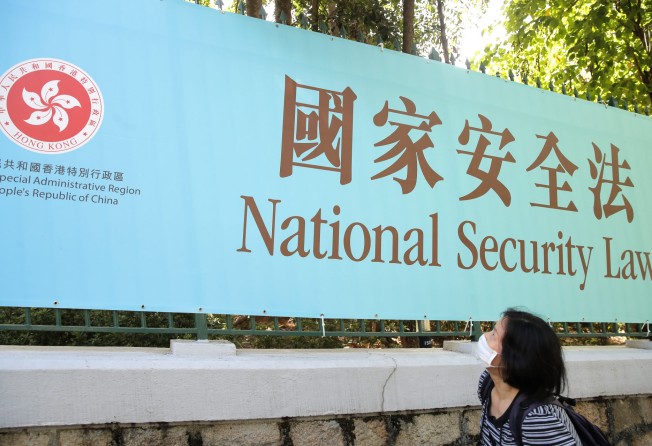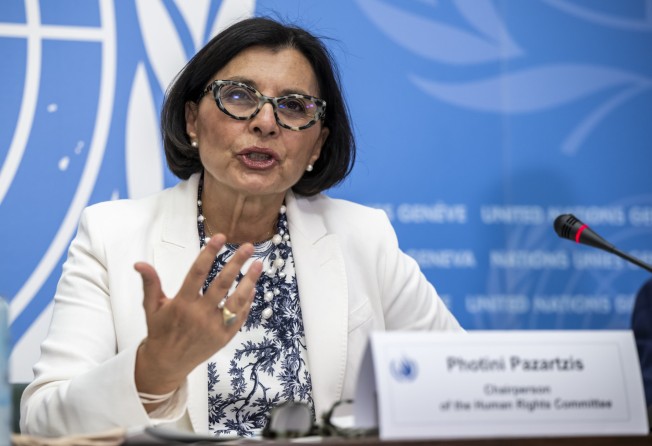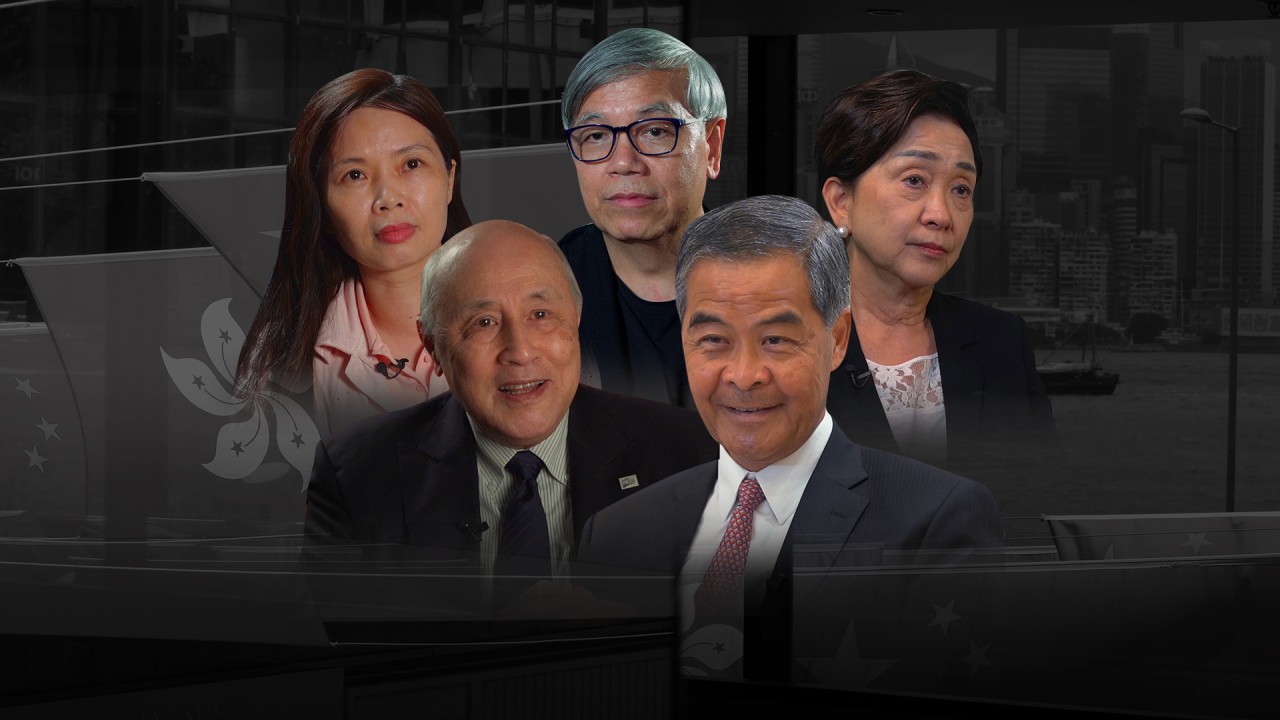
Hong Kong has no defence when core values like human rights are weaponised
- The UN human rights body’s blind condemnation of Hong Kong’s national security law, while remaining silent on a UK bill that would seriously threaten the freedom of its people, suggests a blatant political bias

If you woke up this morning feeling a bit dizzy from reading news reports, I don’t blame you. Welcome to the age of weaponisation of core values like human rights and democracy.
“Weaponisation?”, you may ask. A few years ago, no one knew of such a word. Now, it’s on everyone’s lips. It is generally defined as turning something benign or commonplace into a weapon – and a potent one at that.
A good example is human rights. On July 27, the United Nations Human Rights Committee issued a report on human rights in Hong Kong. It said it was “deeply concerned” about the “lack of clarity” surrounding Hong Kong’s national security law and urged Hong Kong to repeal it. It also accused China of passing the law “without consultation” of the people of Hong Kong.
Some in the know may laugh at this report, but it is no joke. I certainly didn’t find it funny. I was more angry that the committee seemed to have no understanding of “one country, two systems”, human rights, or how the national security law has been applied on the ground in Hong Kong. Most of all, I am angry at the blatant political bias of such an important institution which I revered as a law student.

The security law is a national law. Under one country, two systems and the Basic Law governing Hong Kong’s constitutional order, Beijing has every right to pass a law that protects the entire nation. Under one country, two systems, issues of national security are never within the autonomy of Hong Kong.
In any event, the committee got its facts wrong: the Hong Kong government was consulted. I, along with other legal experts and representatives in Hong Kong, was consulted.
Moreover, whether a law is good or bad must be judged objectively by looking at its provisions and how they are being applied. To accuse the national security law of “lacking clarity” is an astonishing lie. Perhaps members of the committee haven’t had the chance to read it. They should do so and compare it with, say, other national security laws of Western countries.
Take the National Security Bill currently being debated in the UK Parliament. Under it, a person may be found guilty of sabotage and jailed for life if they damage any asset, irrespective of value or form, through conduct that is “prejudicial” to the “safety or interests” of the UK, “directly or indirectly” at the instigation of, for the “benefit” of, or financed or assisted by a “foreign power”.
The bill also stipulates that it is not necessary to identify the “foreign power”. That is what any sane person would call a “lack of clarity”.
That is not all. The bill also empowers the UK’s home secretary to issue a “notice” with the permission of the court but without the need to notify the affected person or go through a hearing at which the person may defend themself.
Once issued, the “notice” may confine the person to a designated place and forbid them from using a computer or hand phone for a period of one to five years. That is what any sane person would call a total disregard for human rights.
Why, then, did the UN committee not issue a report on the UK and call for it to withdraw the bill forthwith, you may ask? Well, I can’t answer for the committee, but many would regard it as evidence that human rights are being used as a political weapon against countries the committee doesn’t like, like China.
This may sound harsh. Yet there can be only two possible explanations for the behaviour of the committee’s members. One, they don’t know anything about human rights or the rule of law. That cannot be right. They are the experts, aren’t they? Two, they do know something about human rights and the rule of law, but they choose to resort to double standards.

We have so far not mentioned the Hong Kong courts. To most, our courts are the finest and perhaps most independent in Asia, if not the world. We are the only place in the world where foreign judges are asked to participate in Court of Final Appeal hearings.
Appointment of our highest judges is based on recommendations by an independent committee made up of representatives from the legal profession and from all walks of life in Hong Kong.
And if the UN committee had bothered to read some of the judgments issued under the national security law, it would find them to be articulated in the clearest logical terms and supported by respected decisions not just from common law countries but from all over the world.
The committee would see that the national security law has been applied neutrally and unaffected by political considerations. But, of course, that would not fit into the general scheme of using human rights as a political weapon.
There is a well known Chinese saying: “when a scholar meets a soldier, he can’t explain clearly all the reasons in the world.” I am sure that is how the Hong Kong government feels at the moment. It has issued a lengthy rebuttal, but who will read it?
Most important of all, if the secretary for constitutional and mainland affairs and the huge delegation he led could not convince members of the committee, what hope does the Hong Kong government have? That, I am afraid, is the beauty of weaponisation of core values. There is no defence against it.
Ronny K.W. Tong, QC, SC, JP, is a former chairman of the Hong Kong Bar Association, a member of the Executive Council and convenor of the Path of Democracy
